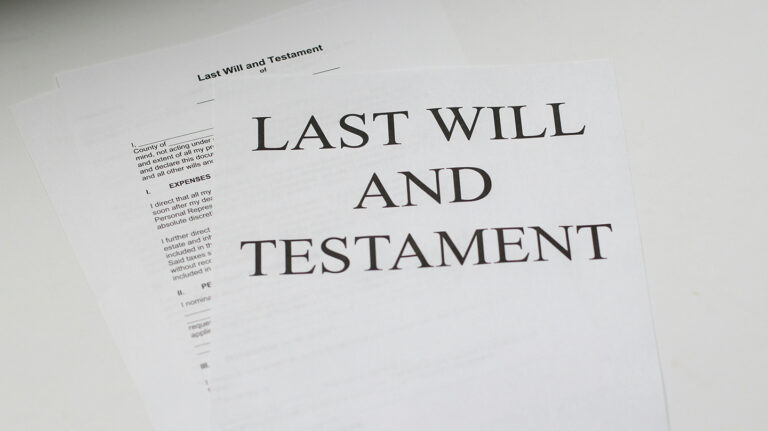
Most articles you’ll see about estates usually have the same kinds of titles like “How to Probate a Will”
“Top 10 Executor Duties” or “Estate Checklist and Guide”.
Helpful, but I find these all skip the most important FIRST step: how to actually read the Will. I’m not
necessarily talking about [what most of my clients call] the ‘legal mumbo jumbo’ of the document. I
mean the real meat and potatoes of what the person wanted – their specific choices that go to the heart
of how their estate is handled.
If you’re named as Executor, your first task is not to rush, but instead to know your responsibility for
understanding the Will and to take the time to approach it with clarity and attention to detail.
In a nutshell, here are some key concepts and words to look out for:
Navigate
for more information
© 2024 Estates With Elizabeth | Terms and conditions | Designed by Yellow Dog Designs